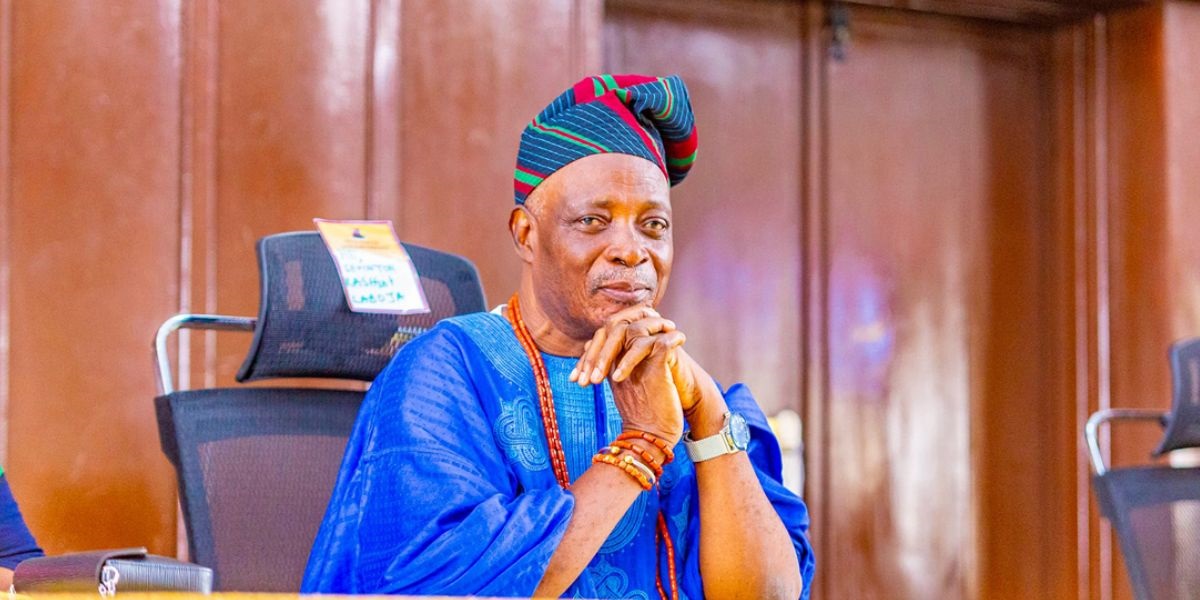Electricity consumers, including households and businesses, have expressed concern over periodic increases in electricity tariffs and continued epileptic power supply.
They, therefore, urged the Nigerian Electricity Regulatory Commission (NERC) to enforce service reliability as part of its statutory mandate.
The concerns were captured in a survey conducted by the Nigerian Institute of Social and Economic Research (NISER) and presented yesterday at a seminar in Ibadan, themed: “Balancing Electricity Tariffs and Consumers’ Wallets: Insights from Nigerian Households and Firms’ Ability to Pay.”
According to the report, households currently receive an average of 10 hours of electricity daily, which is far below the 20-hour benchmark promised by service providers. At the same time, monthly grid electricity expenditure has surged from N17,647.49 to N34,942.04, representing a 98 per cent increase.
The report noted: “Households and firms can barely cope with the major shift that occurred when the Nigerian Electricity Regulatory Commission introduced a supplementary tariff review for Band A consumers.”
Presenting the findings, Dr Iyabo Olanrele disclosed that firms now spend an average of 82 per cent of their monthly turnover on production costs, largely due to electricity tariffs.
“Although 87.5 per cent of respondents reported moderate improvement in supply, it still falls short of the 20-hour daily requirement,” she said.
Olanrele further explained that grid electricity expenditure rose by 92.2 per cent due to the tariff hike, with 67.5 per cent of firms describing the increase as unaffordable. She noted that large-scale, high-input-cost firms were most vulnerable, while older firms demonstrated more resilience.
The study also examined coping mechanisms adopted by households and businesses. According to Olanrele, households are increasingly turning to solar panels, inverters, and energy-efficient appliances, though these remain unaffordable for many.
“Firms, on their part, are adopting renewable energy sources, energy-saving measures, and efficient technologies, while some remain undecided on long-term alternatives,” she said.
Earlier, the Director-General of NISER, Prof. Antonia Simbine, said the seminar’s theme aligns with the Federal Government’s Renewed Hope Agenda, which prioritises energy security, affordability, and sustainability in Nigeria’s economic transformation.
“This conversation is not just about electricity tariffs. It is about livelihoods, industrial competitiveness, and the pathway to national development,” she stressed. “The Renewed Hope Agenda challenges us to design policies that make electricity not only reliable but also affordable, enabling households to thrive and businesses to compete globally.”
Following robust deliberations by energy experts and economists, the seminar recommended that NERC enforce its service reliability mandate by establishing minimum thresholds for distribution companies (DisCos) to invest in infrastructure before implementing any future tariff increases.






